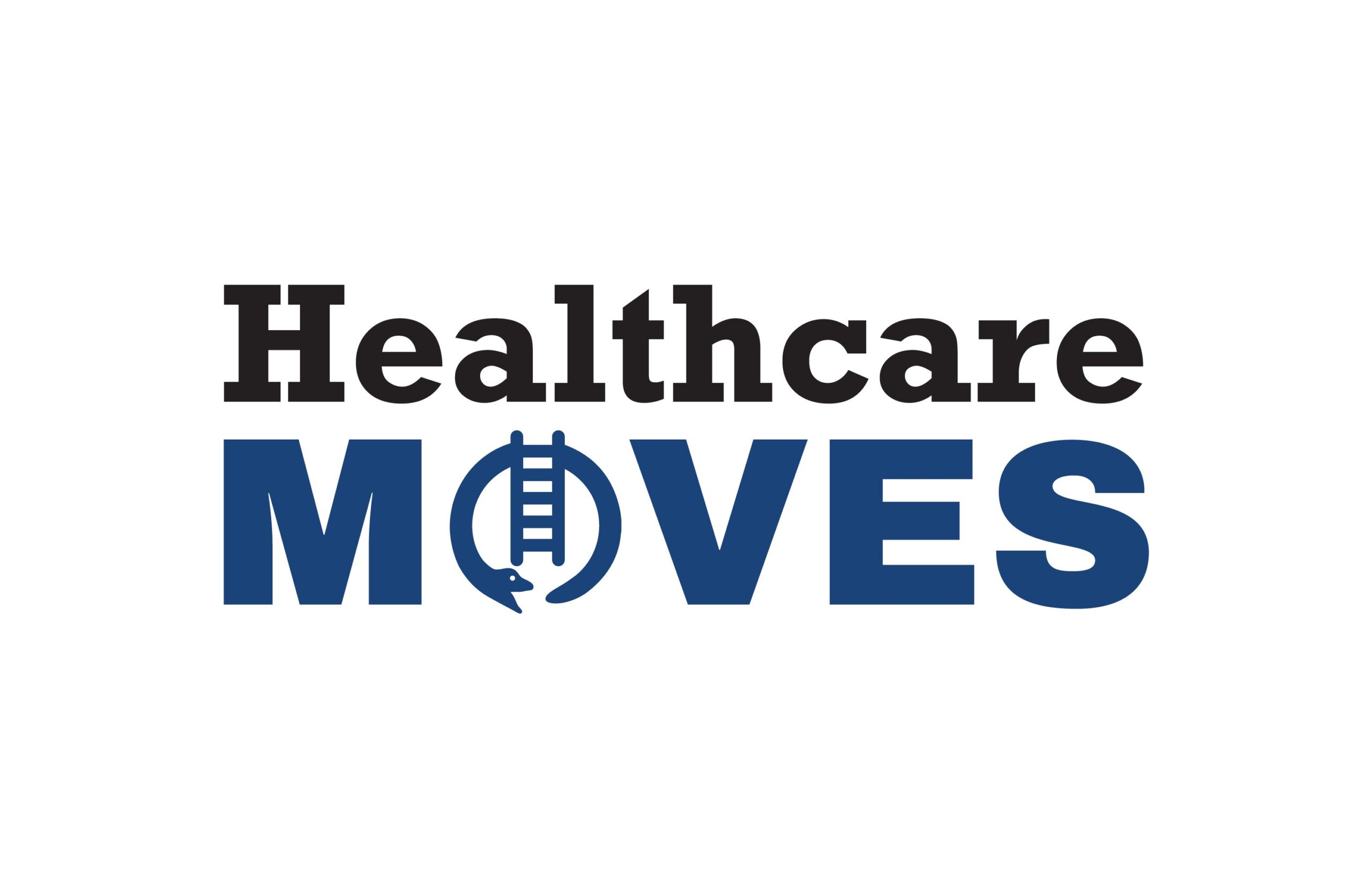The realm of behavioral health is one that’s intrigued a few entrepreneurs in digital health, especially for telemedicine applications. But former Genentech and Facebook CFO David Ebersman has a more ambitious plan in mind for his company. In a phone interview with MedCity News, he talked about Lyra Health’s plan to set up a digital care coordination system that ensures primary care physicians assess and make seamless patient referrals to mental health specialists professional and their treatment is assessed over time.
The way Ebersman sees it, the current system doesn’t work but cultural and technological shifts make it an opportune time to launch the digital health platform he envisions. He noted the passage of the Affordable Care Act and the mental health coverage provision, technology developments and recognition by society that mental health is an important area to cover.
Lyra Health includes a few different components to evaluate people who may need mental health support. It provides digital diagnostic tests for primary care providers. They are used to screen and assess patients identified as potentially in need behavioral health care. There’s also an analytical model to identify people deemed most at risk and refer them easily.

With the Rise of AI, What IP Disputes in Healthcare Are Likely to Emerge?
Munck Wilson Mandala Partner Greg Howison shared his perspective on some of the legal ramifications around AI, IP, connected devices and the data they generate, in response to emailed questions.
A customer care center works with patients to match them with the “right” providers and treatments, and guide them through the system.
A tracking tool that can measure outcomes and inform primary care physicians and psychiatrists if the current treatment is working and give them insights ti improve care where needed, detect fraud and abuse, and drive improvements throughout the system, according to a company statement.
“We view the process of getting behavioral healthcare as leaky and broken all the way through. We don’t do a good job of screening for behavioral health. When someone does get a diagnosis, far too many people don’t get the treatment or don’t get it for years. They get handed a sheet of paper with names on it and are expected to make do. It’s not warm and supportive enough — there is no one there to make sure that people get the information they need.”
He cited a couple of stats. The average time gap between diagnosis and treatment for depression is three years. For anxiety, it’s 11 years.
Ebersman is well aware of one of the challenges of selling the behavioral health community on a digital platform. Mental health specialists generally have been reluctant to make their patient medical records digital. The records would lose the security of a filing cabinet and the concern is they would be more easily accessible. But a counter argument that appears to have growing acceptance is the need to ensure that all of the patient’s medications are disclosed to avoid adverse reactions with other drugs.
Although behavioral health assessments are not standard like, say, a cholesterol test, the thinking is that certain chronic conditions are frequently associated with depression such as chronic heart failure and diabetes. Depression can make it challenging for patients to be motivated to follow their care plans and frequently leads to their condition worsening. If they were properly assessed and treated, that could have a big impact on outcomes.
The target customers are employers and health plans.
The management team is a mix of people from social media, medical and venture capital. Chief Technology Officer Daniel Tunkelang has worked for Facebook and LinkedIn. Chief Medical Officer Dena Bravata had a similar role at Castlight Health. It also includes Venrock partners Bryan Roberts and Dr. Bob Kocher. Chief Data Scientist Dr. Daniella Perlroth, previously served as a Stanford health services researcher and McKinsey consultant.
Ebersman cautioned that it is still in the early stages of setting up the platform. But it seems like an opportune time to referrals easier. But it will be interesting to see who adopts the program and how the psychiatric professionals will respond.
Photo: Flickr user Ryan_M651














